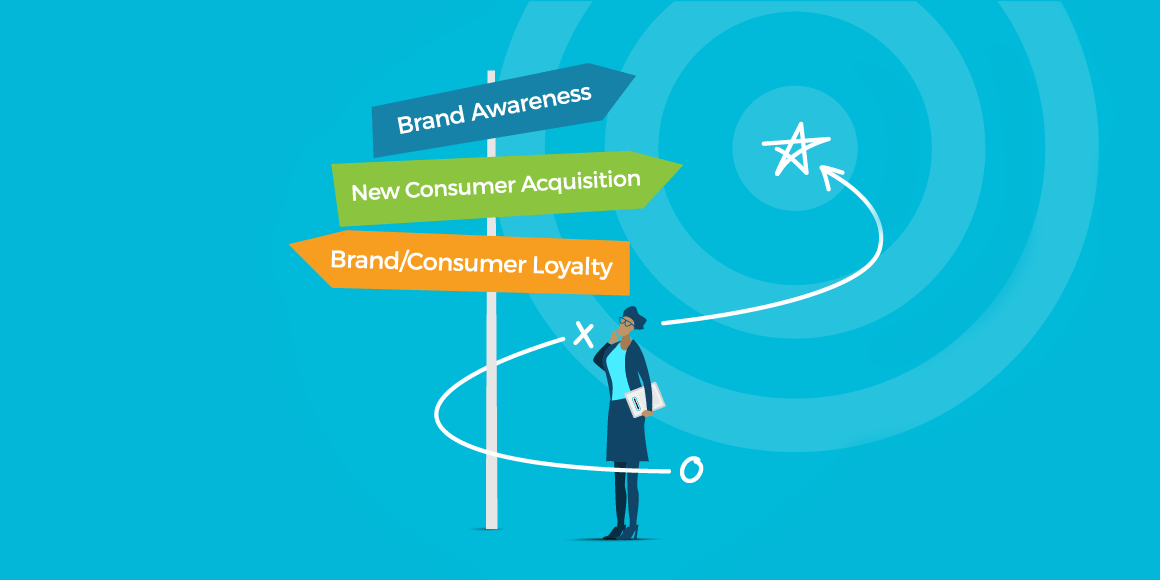Are the Bank Secrecy Act and Anti-Money Laundering Compliance really important? You decide. Although it’s nearly impossible to pinpoint an exact number, the United Nations estimates a whopping two trillion dollars is laundered globally every year. Yes, that's a trillion with a T.
In recent years, money laundering has increased in prevalence and sophistication as criminals turn to new mechanisms and avenues for execution. To help combat these challenges, the Bank Secrecy Act (BSA) and anti-money laundering (AML) compliance regulations were established and amended to include provisions of the United States Patriot Act. With governments cracking down on AML compliance, it’s imperative that any program involving the flow of funds has an appropriate AML program in place.
Here’s what you need to know about the Bank Secrecy Act (BSA) and anti-money laundering (AML) requirements, and how to guarantee your organization’s programs are fully compliant.
Understanding BSA/ AML Regulations and Risk:
The Bank Secrecy Act (BSA) and associated anti-money laundering (AML) programs are designed to prevent secret banking activities and provide an audit trail by establishing regulatory reporting and recordkeeping requirements for institutions. These laws are intended to identify and deter suspicious activity that may involve money-laundering schemes and require organizations to take necessary precautions and report suspicious activity. AML policies establish standards and practices that prevent criminals engaged in fraudulent or money laundering activities from conducting financial transactions that involve illegal proceeds or facilitate unlawful activity.
According to the U.S. Securities and Exchange Commission, Section 352 of the USA Patriot Act amended the BSA to require institutions, including broker-dealers, to establish AML programs. At a minimum, AML programs must be in writing and include:
- Policies, procedures, and internal controls reasonably designed to achieve compliance with the BSA and its implementing rules;
- Policies and procedures that can be reasonably expected to detect and cause the reporting of transactions under 31 U.S.C. 5318(g) and the implementing regulations thereunder;
- The designation of an AML compliance officer (AML Officer), including notification to the SROs;
- Ongoing AML employee training;
- An independent test of the firm’s AML program, annually for most firms; and
- Risk-based procedures for conducting ongoing customer due diligence. These should include, but not be limited to procedures to: (1) identify and verify the identity of customers, (2) understand the nature and purpose of customer relationships to be able to develop a risk profile and (3) conduct ongoing monitoring to identify and report suspicious transactions as well as maintain and update customer information, including beneficial ownership information for legal entity customers.
At the end of the day, if you’re running a consumer rebate program at your organization you must take AML requirements seriously and ensure the vendors you work with to orchestrate your programs can fully satisfy compliance needs. Without safeguards in place, your organization could risk being designated as a Financial Institution under the Bank Secrecy Act and liable for associated anti-money laundering policies.
What BSA/AML Compliance Means for YOU:
When it comes to consumer rebate programs, have you considered all the AML risk involved? And if so, do you know exactly where AML compliance responsibility falls? For many organizations, the answers to these questions remain unclear. Smaller brands might not be aware or fully understand current AML requirements, while others don’t have direct relationships with consumer rebate card providers who accept responsibility under the BSA. In any case, it’s imperative for brands to know what compliance requirements exist and feel confident that the vendors they rely on to manage their consumer rebate programs take complete onus for associated liability. Without having all bases covered, businesses run the risk of hefty penalties and fines.
At 360insights, we have conversations every day with organizations running multimillion-dollar consumer rebate programs that struggle to find vendors who can promise comprehensive AML compliance. That’s where we can help…
360insights Has You Covered:
360’s consumer rebate programs work alongside trusted card providers with direct ties to issuing banks and financial institutions. Our contractual relationships with our program managers formalize AML responsibility, allowing you to rest easy. As a result, 360 clients don’t have to think twice about it. We are also able to obtain written confirmation letters from our program managers clearly stating where AML compliance resides, alleviating risk and providing the peace of mind our customers crave.
Interested in learning exactly how 360insights guarantees BSA/AML compliance for consumer rebate programs? Learn more about 360insights and Consumer Rebates here.
%20copy%204.png)


.png)